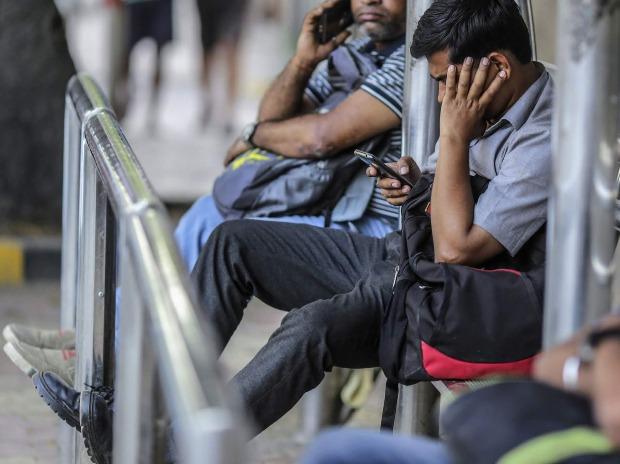
When Arun Sarin, Vodafone Group Plc’s India-born former CEO, was charting the British telecommunications firm’s expansion into emerging markets in the mid-2000s, his home country with more than a billion potential phone users seemed a compelling choice.
Sarin wasn’t alone. Norway’s Telenor ASA, Russia’s Mobile TeleSystems PJSC and Malaysia’s Maxis Bhd were also among a slew of companies that flocked to this fast-growing market. The carriers banded with local partners, bid for airwaves and licenses, spending billions of dollars to prepare their networks.
But what once appeared to be their most-promising Asian wireless market has turned sour. Vodafone’s Indian venture with billionaire Kumar Mangalam Birla, saddled with $14 billion of debt, is said to be seeking to revamp its borrowings amid mounting losses and a tariff war. Tycoon Sunil Mittal’s Bharti Airtel Ltd. is rated junk by Moody’s Investors Service. In a market that had a dozen carriers two years ago, just three are left standing today--two of them, barely.
High fees, frequent policy flip-flops, endless tax demands from an unsympathetic bureaucracy that treated carriers as cash cows have driven most of the operators aground. The industry has become the latest cautionary tale for investors in India, showing why despite moving up the global rankings for ease of business, the burgeoning $2.7 trillion economy with a massive consumer base remains a tough, unpredictable place for those who still dare.
The latest blow to the survivors came last week. The nation’s Supreme Court, ruling on a years-long dispute, ordered several carriers to pay the government an additional $13 billion in past fees. The British firm’s venture, Vodafone Idea Ltd., faces a bill of $4 billion, a burden that could sink the company.
“The government is becoming greedy and extracting the maximum from them,” said Mohan Guruswamy, a former finance ministry official and now chairman of the Centre for Policy Alternatives in New Delhi. “The whole sector is in the doldrums. This judgment will effectively destroy Vodafone Idea, and what you’ll have is an emerging duopoly.”
No comments:
Post a Comment